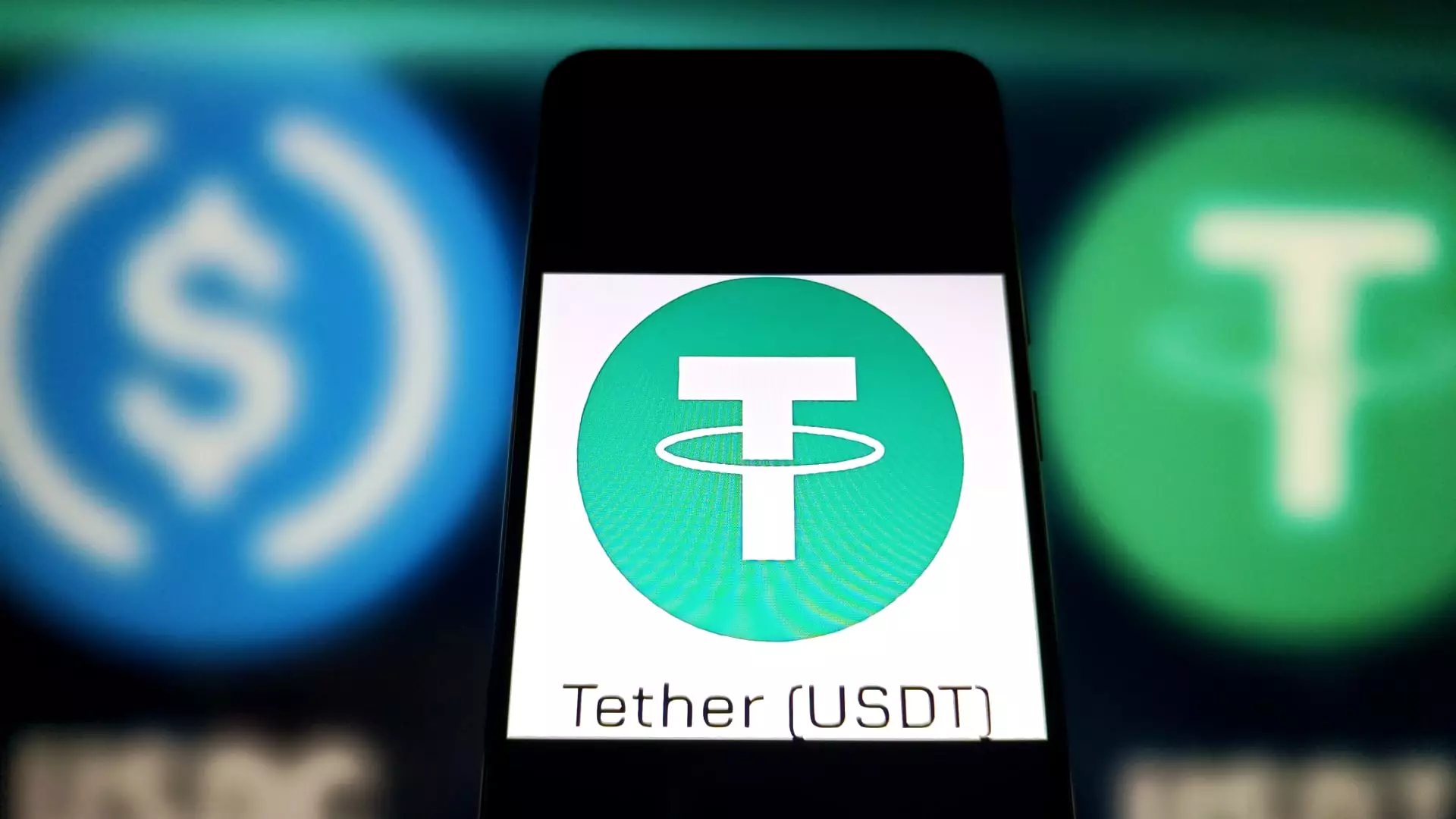In an era where digital currencies are in constant turmoil, the recent passage of Hong Kong’s stablecoin bill marks a pivotal moment in the regulatory landscape of cryptocurrency. While many jurisdictions lurk in a quagmire of uncertainty, Hong Kong has emerged with a clear, focused approach. The proposed regulations, set to unfold this year, aim to extend the existing cryptocurrency licensing framework while placing stablecoins under the scrutiny of the Hong Kong Monetary Authority (HKMA). This is not merely a regulatory compliance exercise; it’s a bold leap forward that could redefine the future of digital finance.
Stablecoins are unique in their design, aiming to mitigate the wild price swings seen in other cryptocurrencies like Bitcoin. Unlike their volatile counterparts, the value of stablecoins is tethered to real-world assets—fiat currencies, commodities, or other stable financial instruments. With this new framework, Hong Kong sets itself apart by mandating full reserve backing and strict redemption guarantees, enhancing the safety and reliability of stablecoins within its financial ecosystem.
Setting the Stage for Financial Stability
This regulatory initiative is not just about compliance; it’s a statement of intent. By emphasizing financial stability and encouraging innovation, Hong Kong is effectively positioning itself as a critical player in the evolving landscape of global finance. The nuances of the new law require stablecoin issuers to be transparent in their asset management and to prioritize the segregation of client assets. In doing so, the HKMA is implementing a structure that mirrors traditional banking principles, providing necessary safeguards against potential market disruptions.
Experts like YeFeng Gong from HashKey OTC have rightly pointed out that Hong Kong’s stablecoin regulation sets a benchmark for global practices. It goes beyond superficial compliance and delves deep into the mechanics of ensuring institutional-grade reliability for traders. In a sector plagued by fraud and volatility, this regulatory framework could serve as a beacon for trust and accountability, fostering an environment where innovation can prosper without compromising security.
The Race for Regulatory Supremacy
Hong Kong’s move transpires in the midst of an international race to establish regulatory frameworks around stablecoins. The recent advancement of the GENIUS Act in the U.S. presents an interesting backdrop for this development, illustrating that governments worldwide are increasingly acknowledging the significance of stablecoins in financial ecosystems. As major economies like the EU, Singapore, and Japan finalize their own regulations, Hong Kong’s early initiative could offer a competitive advantage, attracting crypto businesses looking for a stable and clear regulatory environment.
Chengyi Ong from Chainalysis highlights the transformative potential of stablecoins—they could reshape traditional finance by addressing age-old frictions like slow cross-border payments. In today’s fast-paced digital economy, the need for swift, low-cost transactions is paramount, and stablecoins surface as a viable means to address these challenges. The Hong Kong stablecoin policy emerges not just as a response to regulatory pressures; it’s an acknowledgment of the financial evolution that stablecoins signify.
Charting a New Course for Digital Innovation
This proactive regulatory stance is notable for its potential to encourage financial innovation. By providing a clear regulatory framework, Hong Kong can stimulate the development and integration of high-quality stablecoin products that serve practical financial needs. The total market cap of stablecoins, hovering around $232 billion, underscores the demand for such digital asset solutions.
However, it’s essential to remain critically aware of the implications accompanying this regulatory framework. If not properly managed, there’s the potential for overreach that could stifle the very innovation Hong Kong aims to champion. It’s crucial that the regulatory measures strike a balance—ensuring accountability while allowing room for the dynamic nature of the cryptocurrency market.
Hong Kong’s new stablecoin bill represents a significant milestone in the realm of digital finance. While other jurisdictions are still grappling with their respective policies, Hong Kong’s decisive action could not only influence crypto adoption on a local scale but also serve as a foundation for broader acceptance of stablecoins globally. In doing so, it sets the stage for a reimagined financial landscape—one governed by transparency, trust, and well-structured innovation.

